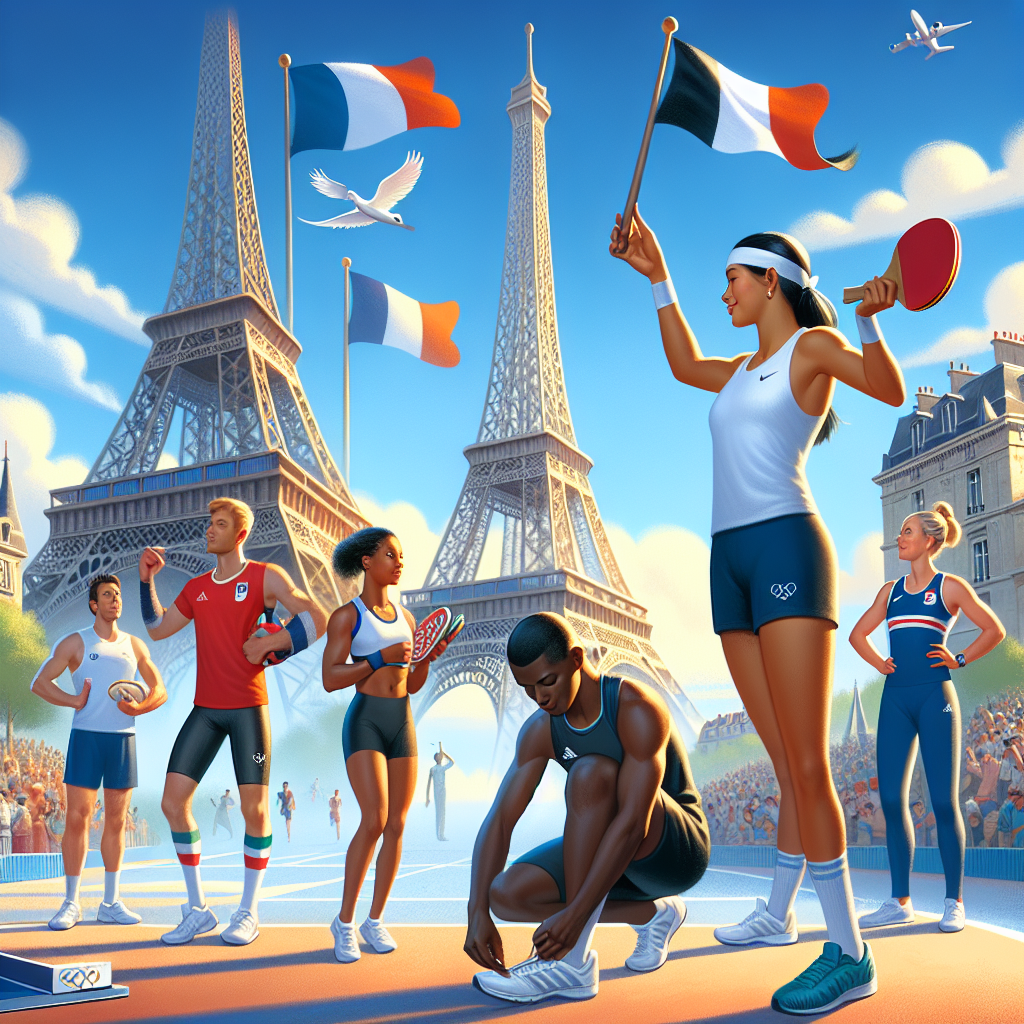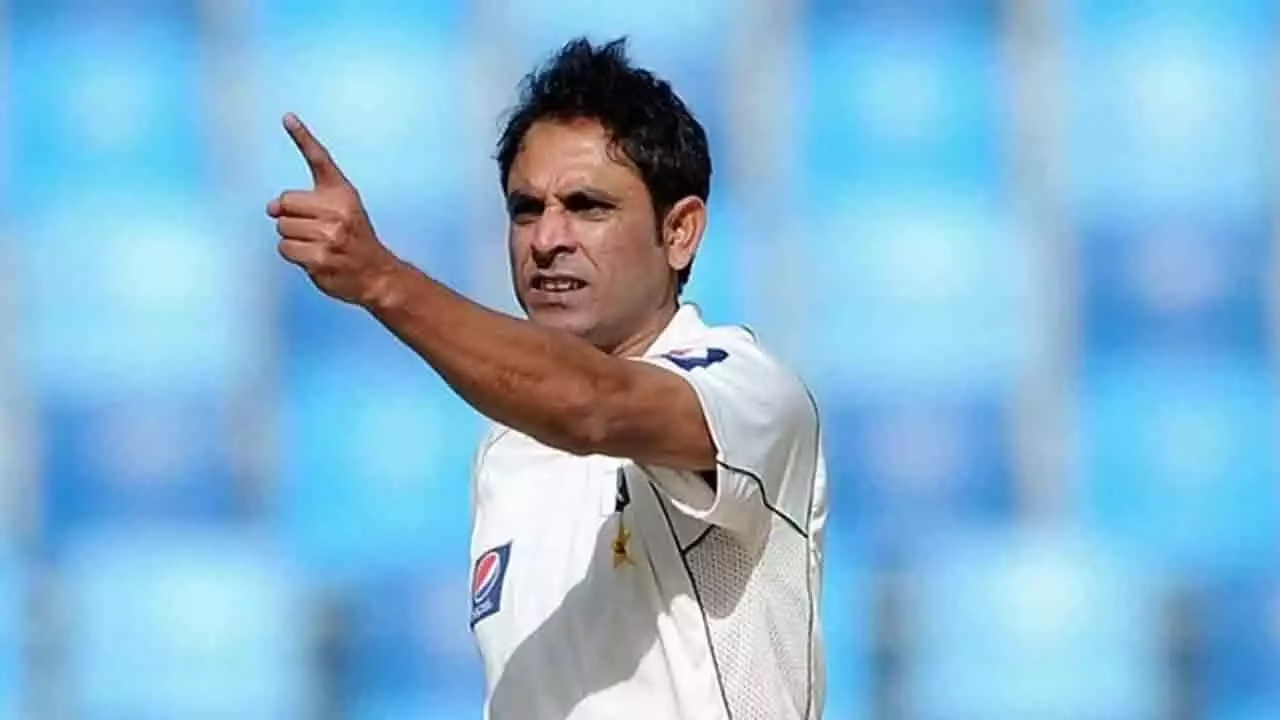Paris, long a city of dreamers with landmarks like the Eiffel Tower, is gearing up for its first Olympic Games in a century with a spectacular opening ceremony set to take place on the River Seine. This ambitious event, described by French President Emmanuel Macron as initially seeming like “a crazy and not very serious idea,” will set the stage for 16 days of groundbreaking competition across nearly every corner of the city.
The Games promise to be a vibrant celebration after two subdued, pandemic-affected Olympics. Paris aims to blend its reputation for fashion, gastronomy, and culture with a dynamic Olympic experience, potentially securing the Games’ future by appealing to younger audiences.
The decision to award Paris the Games in 2017 was driven by the city’s promise of innovation and its ability to rekindle enthusiasm for the Olympics. Despite challenges, including the need to safeguard athletes and visitors amid heightened global tensions and ongoing security concerns, Paris is determined to make a lasting impact.
The 2024 Games will be historic for several reasons. They will feature nearly equal numbers of male and female athletes—a significant step toward gender parity since women were first included in the Olympics 124 years ago. Additionally, the Games aim to be more sustainable, with many venues designed to be temporary to avoid the issues of unused infrastructure seen in previous host cities.
With iconic Parisian landmarks as backdrops—such as beach volleyball near the Eiffel Tower—and new sports like breakdancing added to the lineup, the Games are expected to generate significant social media buzz. The opening ceremony, directed by award-winning French theater director Thomas Jolly, will transform central Paris into an open-air stage, with athletes parading along the Seine as hundreds of thousands of spectators look on.
Security for the Games will be tight, with a no-fly zone and extensive surveillance measures in place. Paris has also faced the challenge of balancing security with maintaining the city’s vibrancy, with some local businesses affected by increased restrictions.
The Games aim to leave a lasting legacy for Paris, including a significant cleanup of the Seine, which is expected to reopen for public swimming after the Games. Organizers are also focused on creating a positive, long-term impact with investments in infrastructure and community programs.
As the world tunes in for the Games, Paris is set to showcase its resilience and spirit, making the most of this historic opportunity. With a mix of high-profile athletes, including American gymnastics star Simone Biles and French basketball sensation Victor Wembanyama, the Olympics promise memorable moments for both competitors and spectators alike.
Once the fireworks of the opening ceremony fade, the City of Light will become the center of the Olympic universe, celebrating sport and culture on a grand stage.



